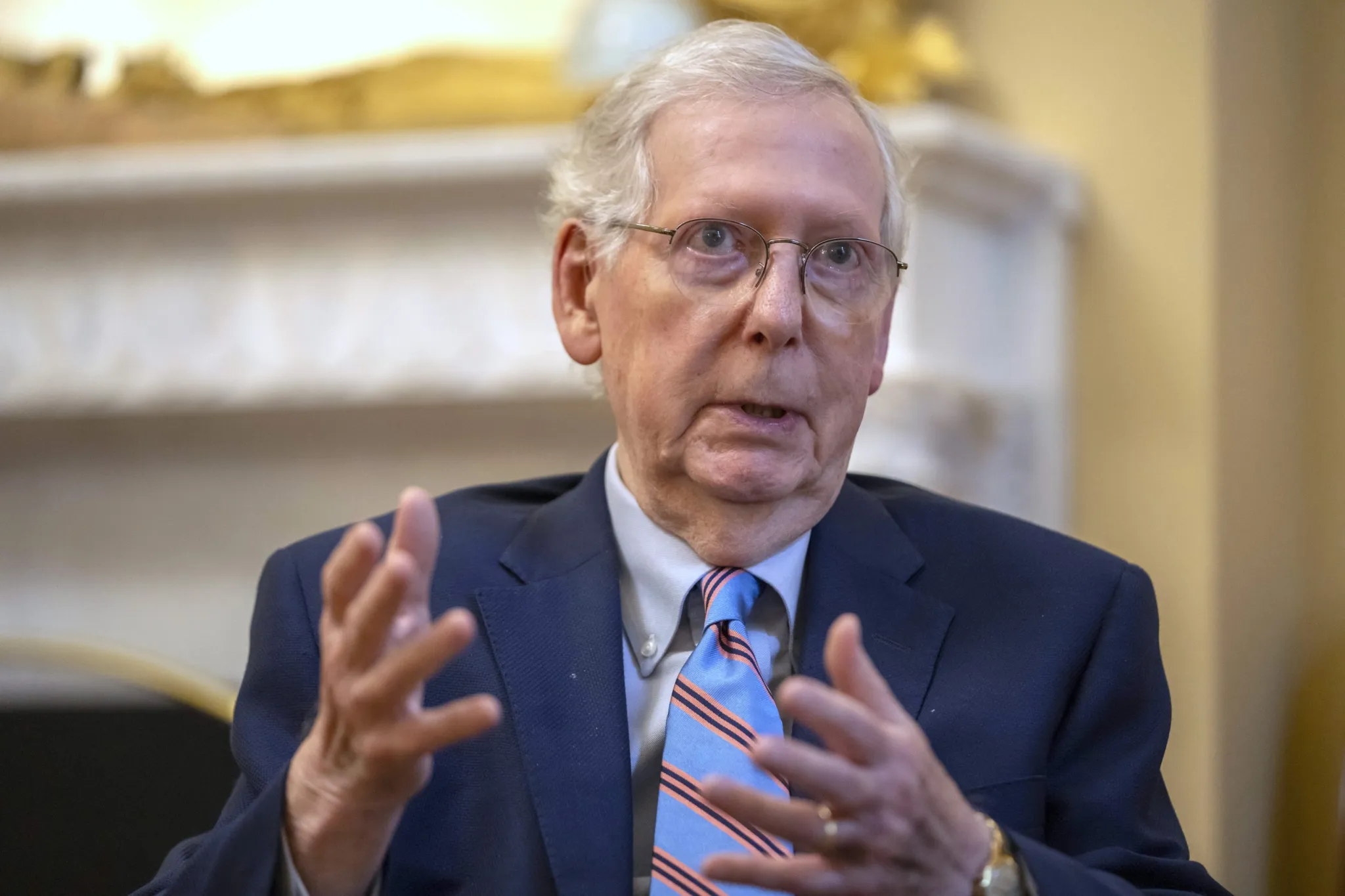Dow CEO: My company is a major plastic producer. We must end plastic pollution
Plastics are essential to our modern world. They protect our health in medical products, prevent foods from spoiling too quickly, make wind turbines more efficient, and are critical in enabling electric vehicles. And yet there is no question that plastic pollution is a growing problem that we must address.
Current efforts to manage plastic pollution are falling far short. Globally, less than 10% of plastic is recycled, and 32% of plastic packaging escapes collection systems.
That’s why all eyes will turn towards Ottawa, Canada this month as an intergovernmental meeting known as INC-4 convenes in hopes of advancing a legally binding global agreement to end plastic pollution. Time is ticking: Few countries have any goals to limit or reduce plastic waste, reinforcing the urgency for a more rigorous and practical approach.
Dow, the world’s third-largest plastics producer, enthusiastically supports a solution that will eliminate plastic pollution from our planet by creating a socially inclusive, circular economy for plastics that recognizes the vital role these materials play in ensuring a low-carbon future. It’s an audacious yet achievable goal. The agreement being worked out could be an incredible catalyst for change if designed well. To be effective, it will need to drive innovation, promote environmentally sound recycling, and build an inclusive financial model to enable a circular ecosystem.
The first priority is driving innovation through design. Using plastics sustainably requires making them with circularity in mind from the beginning. We must design more high-performance plastics that use fewer raw materials while maximizing durability, reusability, and recyclability. Countries can help by promoting smarter design standards and setting recycled content requirements so that waste can be more easily sorted, recycled, and put back into use.
Second, we must promote environmentally sound recycling methods under development and help bring them to scale. Traditional mechanical recycling can turn some plastic waste into everything from fleece jackets to weatherproof fencing. It will continue to be a key solution but is not effective for all uses. The good news is that recycling technologies are continuously evolving, offering additional ways to transform waste. These technologies will require significant investments to reach commercial scale. An agreement that encourages recycling targets for plastics and other materials will help drive a huge leap in the portion of plastics that can be diverted from landfills and given new life.
The third priority is the need to build a new, socially inclusive financial and risk model to power a circular plastics economy. Globally, an estimated 15 million people pick and sort urban waste. Building self-sustaining, modern waste systems globally won’t be cheap. But it will drive the creation of new and better jobs, especially in parts of the world where waste management infrastructure can be upgraded.
Crucially, we need to address financing and capacity building via public-private finance models and circularity policies that enable and de-risk investments. Embracing concepts like Extended Producer Responsibility and mass balance accounting will spur the plastics value chain to assume additional financial and operational obligations from raw materials to end-of-life, while incentivizing greater use of recycled plastics.
Our challenge is to preserve the enormous benefits of plastics while eliminating plastic waste. Through the many conversations I’ve had with colleagues throughout the industry, I’m excited by the high level of alignment on the objective to end plastic pollution and transition to a circular plastics economy.
For the agreement to be effective, it will need to bring aboard as many signatories as possible and provide countries with the tools to succeed. As negotiators roll up their sleeves in Ottawa, I am optimistic they will make progress toward an agreement that will help eliminate plastic pollution from the planet.
Count Dow as an active contributor to this effort.
Jim Fitterling is the chair and CEO of Dow.
More must-read commentary published by Fortune:
- Union leaders: Larry Fink is right about the retirement crisis Americans are facing–but he can’t tell the truth about the failure of the ‘401(k) revolution’
- We analyzed 46 years of consumer sentiment data–and found that today’s ‘vibecession’ is just men starting to feel as bad about the economy as women historically have
- 90% of homebuyers have historically opted to work with a real estate agent or broker. Here’s why that’s unlikely to change, according to the National Association of Realtors
- Intel CEO: ‘Our goal is to have at least 50% of the world’s advanced semiconductors produced in the U.S. and Europe by the end of the decade’
The opinions expressed in Fortune.com commentary pieces are solely the views of their authors and do not necessarily reflect the opinions and beliefs of Fortune.



